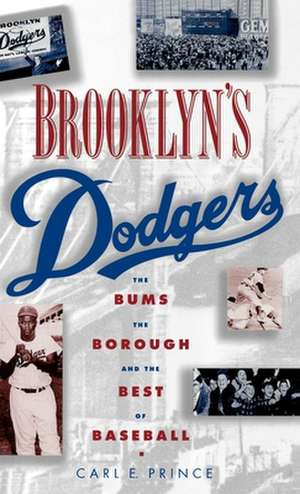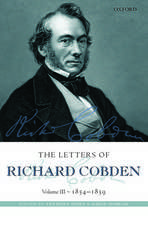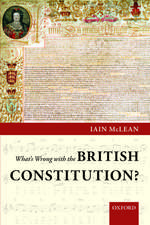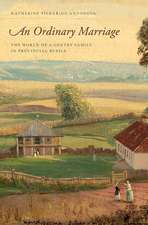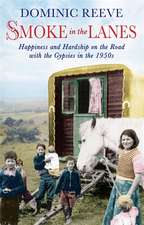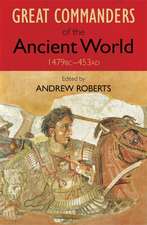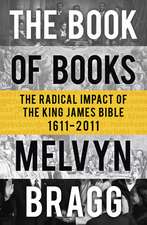Brooklyn's Dodgers: The Bums, the Borough, and the Best of Baseball 1947-1957
Autor Carl E. Princeen Limba Engleză Hardback – 19 sep 1996
| Toate formatele și edițiile | Preț | Express |
|---|---|---|
| Paperback (1) | 101.20 lei 31-37 zile | |
| Oxford University Press – 29 ian 1998 | 101.20 lei 31-37 zile | |
| Hardback (1) | 369.10 lei 31-37 zile | |
| Oxford University Press – 19 sep 1996 | 369.10 lei 31-37 zile |
Preț: 369.10 lei
Preț vechi: 475.82 lei
-22% Nou
Puncte Express: 554
Preț estimativ în valută:
70.63€ • 76.96$ • 59.51£
70.63€ • 76.96$ • 59.51£
Carte tipărită la comandă
Livrare economică 12-18 aprilie
Preluare comenzi: 021 569.72.76
Specificații
ISBN-13: 9780195099270
ISBN-10: 0195099273
Pagini: 224
Ilustrații: 8 pp halftones
Dimensiuni: 149 x 218 x 23 mm
Greutate: 0.4 kg
Ediția:New.
Editura: Oxford University Press
Colecția OUP USA
Locul publicării:New York, United States
ISBN-10: 0195099273
Pagini: 224
Ilustrații: 8 pp halftones
Dimensiuni: 149 x 218 x 23 mm
Greutate: 0.4 kg
Ediția:New.
Editura: Oxford University Press
Colecția OUP USA
Locul publicării:New York, United States
Recenzii
This is an unusual booki. It is part social history, part affectionate memoir ... There are some fascinating comments on Fifties culture ... The book is always enjoyable, original, and sometimes illuminating.
Notă biografică
Carl E. Prince is Professor of History at New York University, and a past chair of the department. A specialist in early American history, he has written several books and many essays on early American political culture. With this book he picks up professionally a subject in which he has had a life-long interest.
